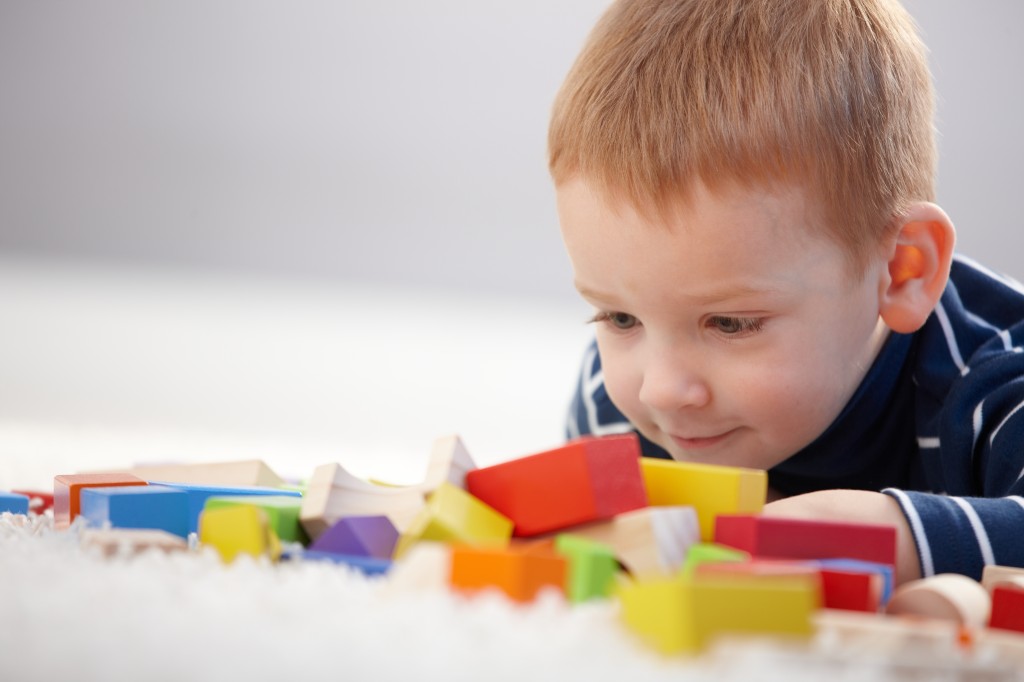Childhood apraxia of speech (CAS) is a motor speech disorder, affecting the ability of children to produce the oral movements and vocal sounds needed for speech that others can clearly understand. There is a coordination required of the lips, tongue, facial muscles, and vocal folds in order for the intended sounds to be produced. Think of it like one of the most intricate, behind the scenes performances you can imagine. And now think of a child with apraxia who struggles because all of those aspects that must work together behind the scenes have lost their communication links.
It is the goal of speech therapy to create those links to be strong enough to reach the goal – clarity of speech. A child with apraxia usually requires targeted and sometimes intense speech therapy in order to reach these goals. But what can parents do at home to support these goals, and make it fun in the process? The first step is to work with the SLP to support those efforts, but there are also some easy ways to incorporate effective games for kids with apraxia. Continue reading



